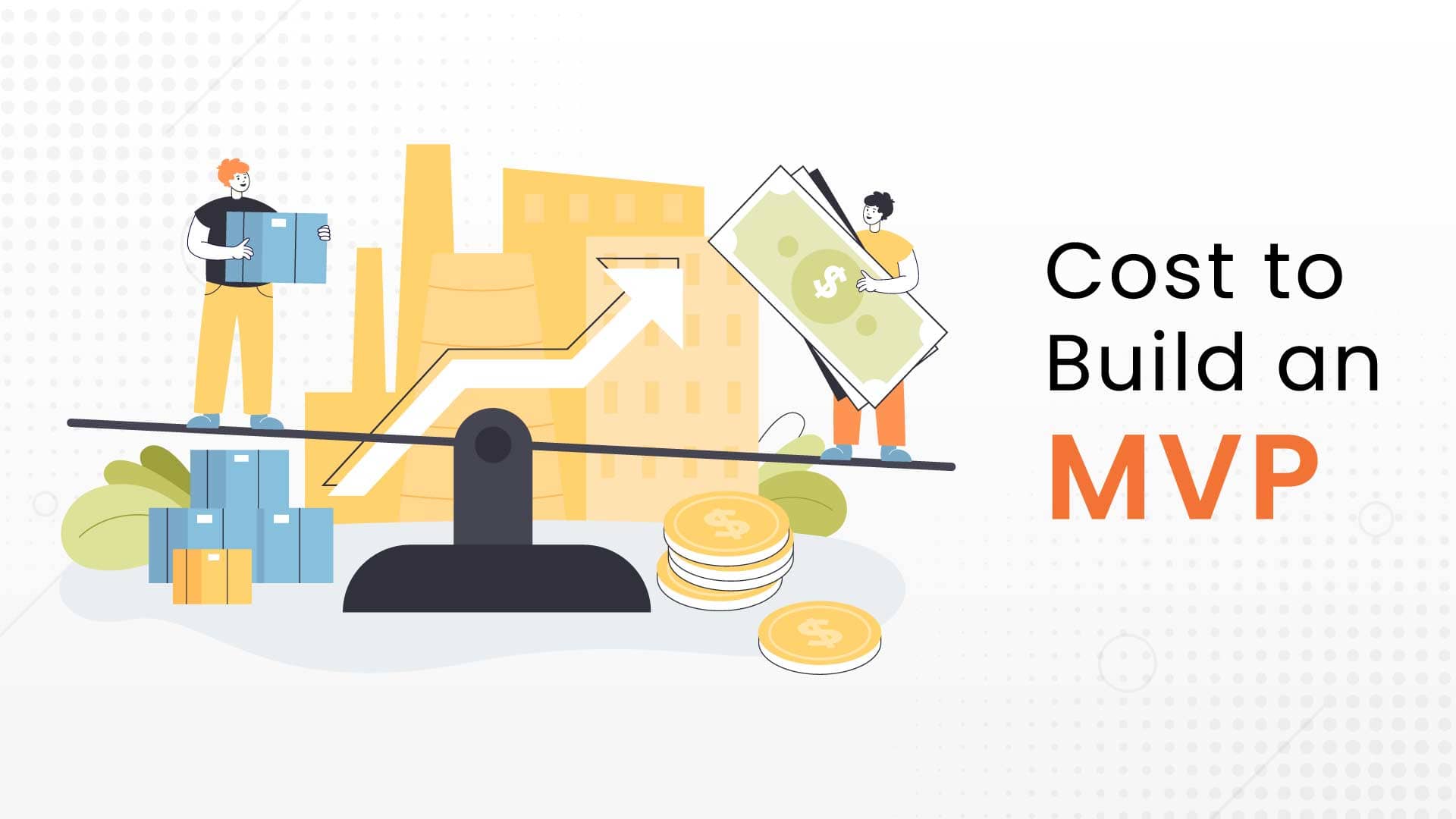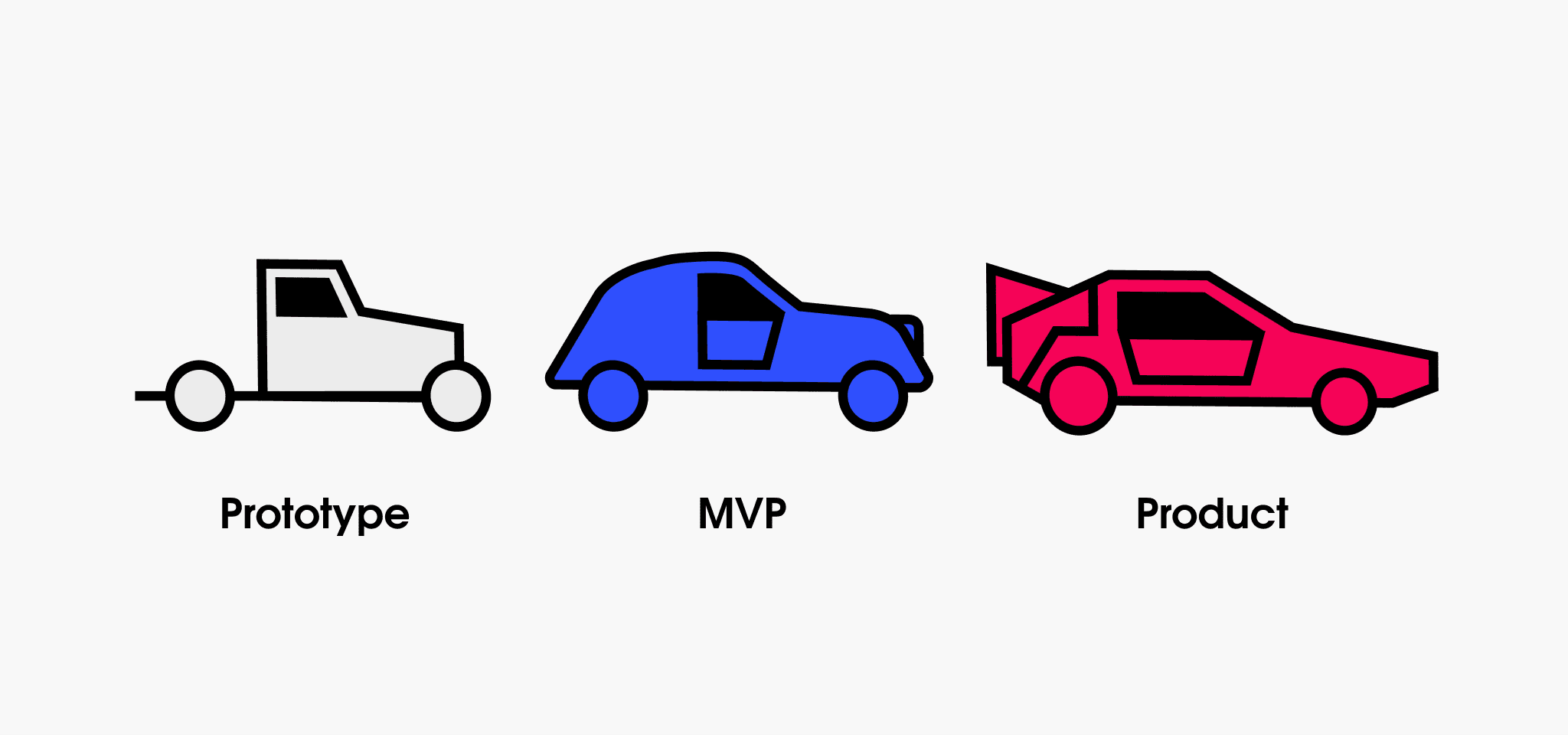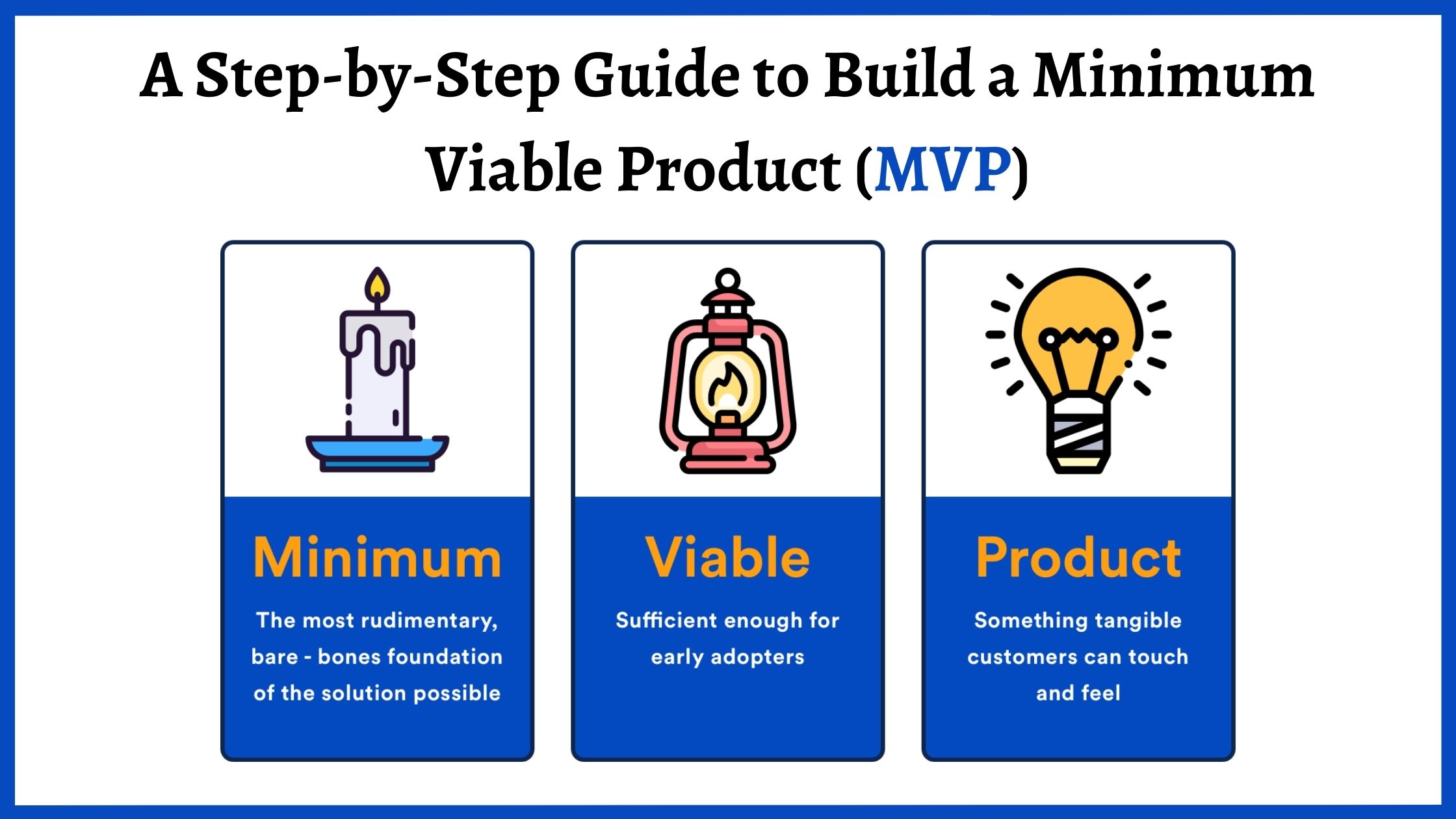Build MVP: A Comprehensive Guide to Launching Your Product
Learn how to build MVP effectively with our step-by-step guide covering everything from ideation to launch, helping you validate your business idea quickly and efficiently

How to Build MVP: The Ultimate Guide for 2025
Building a Minimum Viable Product (MVP) is the crucial first step in transforming your business idea into reality. This comprehensive guide will walk you through the essential steps to build an MVP that validates your concept while minimizing time and resource investment.
Ready to Build Your MVP?
Turn your idea into a working product in just 14 days. Our experienced team will guide you through the entire MVP development process.
Understanding MVP Fundamentals
An MVP is not about creating a perfect product; it's about building the minimum set of features needed to validate your business hypothesis and gather meaningful user feedback. This approach allows you to:
- Test your core value proposition
- Gather real user feedback quickly
- Minimize initial development costs
- Accelerate time to market
- Validate business assumptions
Step-by-Step Process to Build Your MVP
1. Define Your Core Problem
Before writing a single line of code, clearly identify the problem you're solving:
- Who experiences this problem?
- How severe is the pain point?
- What existing solutions are available?
- What makes your solution unique?
2. Identify Your Target Audience
Understanding your users is crucial for MVP success:
- Create detailed user personas
- Define user journey maps
- List key user pain points
- Determine user acquisition channels
3. Map Essential Features
Focus on features that directly address your core problem:
Must-Have Features:
- Core functionality that solves the main problem
- Basic user authentication
- Essential data management
- Fundamental user interface elements
Features to Postpone:
- Advanced customization options
- Nice-to-have integrations
- Complex reporting
- Advanced user settings
Need Help Prioritizing Features?
Our experts can help you identify the most crucial features for your MVP and create a development roadmap that makes sense.
4. Choose the Right Technology Stack
Select technologies based on:
- Development speed requirements
- Scalability needs
- Team expertise
- Budget constraints
- Future maintenance considerations
5. Build Your MVP
Follow these development best practices:
- Start with a prototype
- Use agile development methodology
- Implement continuous integration
- Maintain code quality
- Document everything
6. Test and Validate
Implement a thorough testing strategy:
- Unit testing
- Integration testing
- User acceptance testing
- Performance testing
- Security testing
7. Launch and Gather Feedback
Your launch strategy should include:
- Soft launch to early adopters
- Feedback collection mechanisms
- Analytics implementation
- User behavior tracking
- Regular user interviews

Common MVP Building Mistakes to Avoid
- Over-complicating the product
- Ignoring user feedback
- Perfectionism before launch
- Poor market research
- Inadequate testing
Tools and Resources for Building MVPs
Development Tools:
- Frontend frameworks (React, Vue.js)
- Backend solutions (Node.js, Django)
- Database options (MongoDB, PostgreSQL)
- DevOps tools (Docker, GitHub Actions)
Design Tools:
- Figma for UI/UX design
- Miro for wireframing
- InVision for prototyping
Looking for the Right Tools?
Skip the technical hassle. Our team has the expertise and tools to build your MVP efficiently and effectively.
Measuring MVP Success
Track these key metrics:
- User engagement rates
- Customer feedback scores
- Conversion rates
- User retention
- Time spent in app
- Core feature usage
Post-MVP Strategy
After launching your MVP:
- Analyze user behavior
- Prioritize feature requests
- Plan iterations
- Scale infrastructure
- Optimize performance
Cost Considerations
Building an MVP typically involves:
Direct Costs:
- Development resources
- Design services
- Infrastructure and hosting
- Testing and QA
- Marketing and user acquisition
Hidden Costs:
- Maintenance and updates
- Customer support
- Security measures
- Legal compliance
- Team communication tools
Timeline Expectations
A typical MVP development timeline:
- Planning and research: 1-2 weeks
- Design and prototyping: 2-3 weeks
- Development: 4-8 weeks
- Testing: 1-2 weeks
- Launch preparation: 1 week
Frequently Asked Questions
How much does it cost to build an MVP? The cost varies significantly based on complexity and features, typically ranging from $15,000 to $50,000 for a basic MVP. More complex products may require larger investments.
How long does it take to build an MVP? With focused effort and clear requirements, a basic MVP can be built in 8-12 weeks. However, timeline depends on product complexity and team capacity.
Should I build the MVP myself or hire a development team? This depends on your technical expertise and available time. While building it yourself saves money, hiring experts often results in faster development and better quality.
What's the minimum feature set for an MVP? Focus on features that directly solve your core problem and provide value to users. Typically, 3-5 core features are sufficient for an initial MVP.
How do I know if my MVP is successful? Success metrics should align with your business goals but typically include user engagement, feedback quality, and whether the product solves the intended problem effectively.
Conclusion
Building an MVP is a crucial step in validating your business idea and creating a successful product. By following this guide and focusing on essential features that solve real problems, you can create an MVP that provides value to users while minimizing initial investment.
Remember that an MVP is just the beginning of your product journey. Use the insights gained to iterate and improve your product based on real user feedback and market demands.





